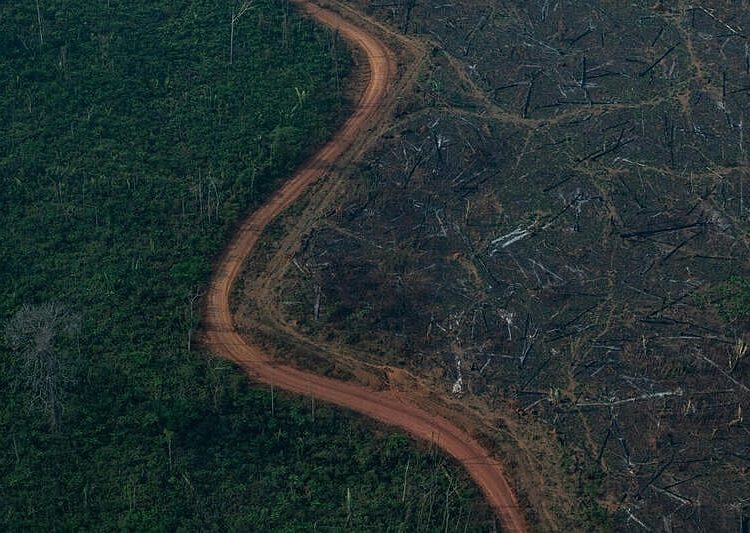The federal government authorized the deployment of the National Force of Public Security (FNSP, in Portuguese) on the Apyterewa Indigenous land in Pará state to support the National Foundation of Indigenous Peoples (Funai, in Portuguese).
Brazil’s minister of Justice, Flávio Dino, signed the ordinance, which was published in the Federal Register on Wednesday (14). The troops will probably work on preserving public order for 90 days.
Located in the city of São Félix do Xingu, Pará state, the Apyterewa land is home to the Parakanã and was the most deforested Indigenous land in Brazil in the last four years, according to satellite data released by Imazon Institute.
This period coincided with Jair Bolsonaro’s presidential term, which was marked by the dismantling of inspection operations and the boosting of environmental crimes in the Amazon rainforest. Indigenous leaders reported being under death threats from invaders.
With Lula’s victory, the Brazilian Institute of the Environment and Renewable Natural Resources, also known as Ibama, began to deactivate clandestine encampments and managed to reduce deforestation by 94% in the first half of the year, according to the Instituto Socioambiental (ISA).
Until recently considered out of control, the devastation was only stopped due to the continuous work of Ibama staff, which carried out operations in 30 locations of illegal deforestation and destroyed 20 encampments and supportive structures used by the invaders.
Invaders enter Indigenous lands without any restraints, says Ibama
According to Ibama, the main causes of the invasion are land-grabbing, the consolidation of clandestine cattle raising and illegal mining. The environmental body estimates over 60,000 head of cattle illegally raised on the territory.
In the Indigenous lands, staff found guns, chainsaws, a GPS device and notebooks containing details about the so-called "allotments" invaders established there.
“These invaders enter the Indigenous area without any restraints, openly declaring to Indigenous people their coupled process of invading and deforesting/illegally mining there," said Cristina Whiteman, an Ibama inspection agent, in May this year.
Indigenous peoples devastated by illegal mining and the Belo Monte power plant
Targeted by illegal miners since the 70s, the Apyterewa Indigenous land was officially recognized as such in 2007. Since then, the removal of non-indigenous people has never been carried out.
The expulsion of the invaders was one of the conditions for installing the Belo Monte hydroelectric power plant. The Apyterewa territory should have had the invaders expelled before the plant began operating, but the promise made to the Indigenous people was never held.
According to Funai, less than 20% of the Apyterema land is under the full control of the Apyterema people. Pressured by the invaders' advance, the Parakanã people began to occupy only the northwestern portion of the area.




